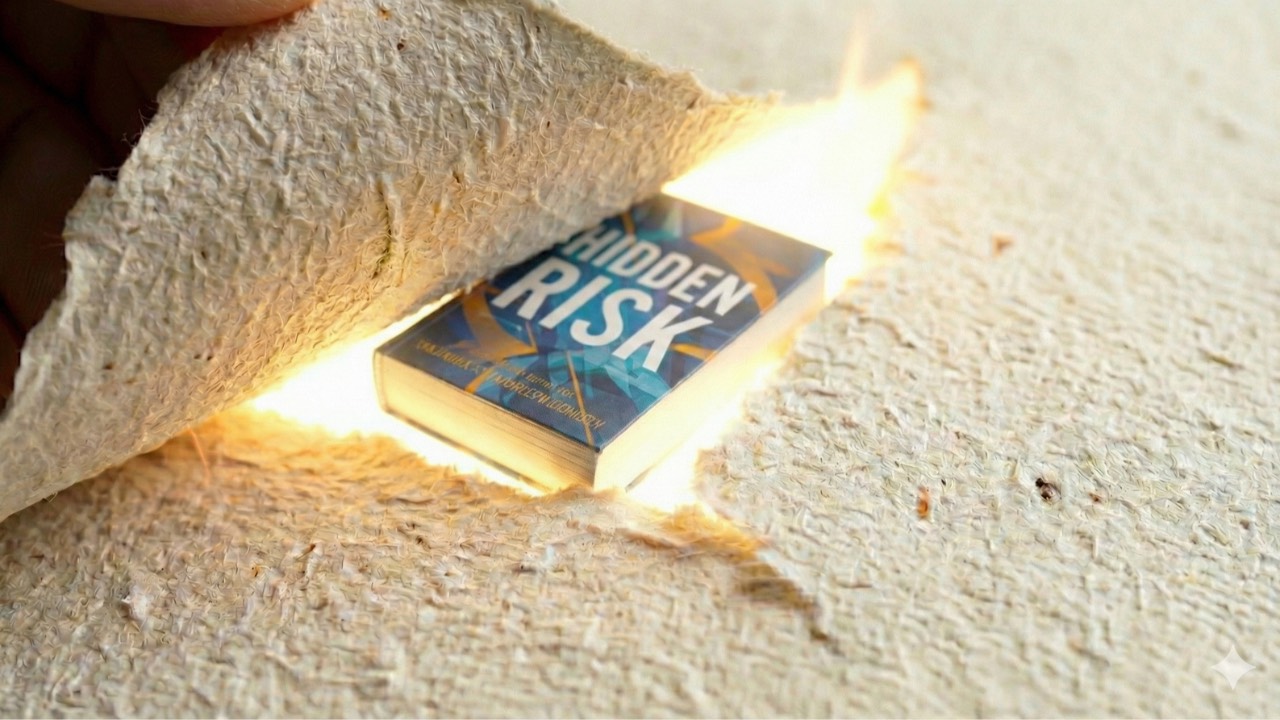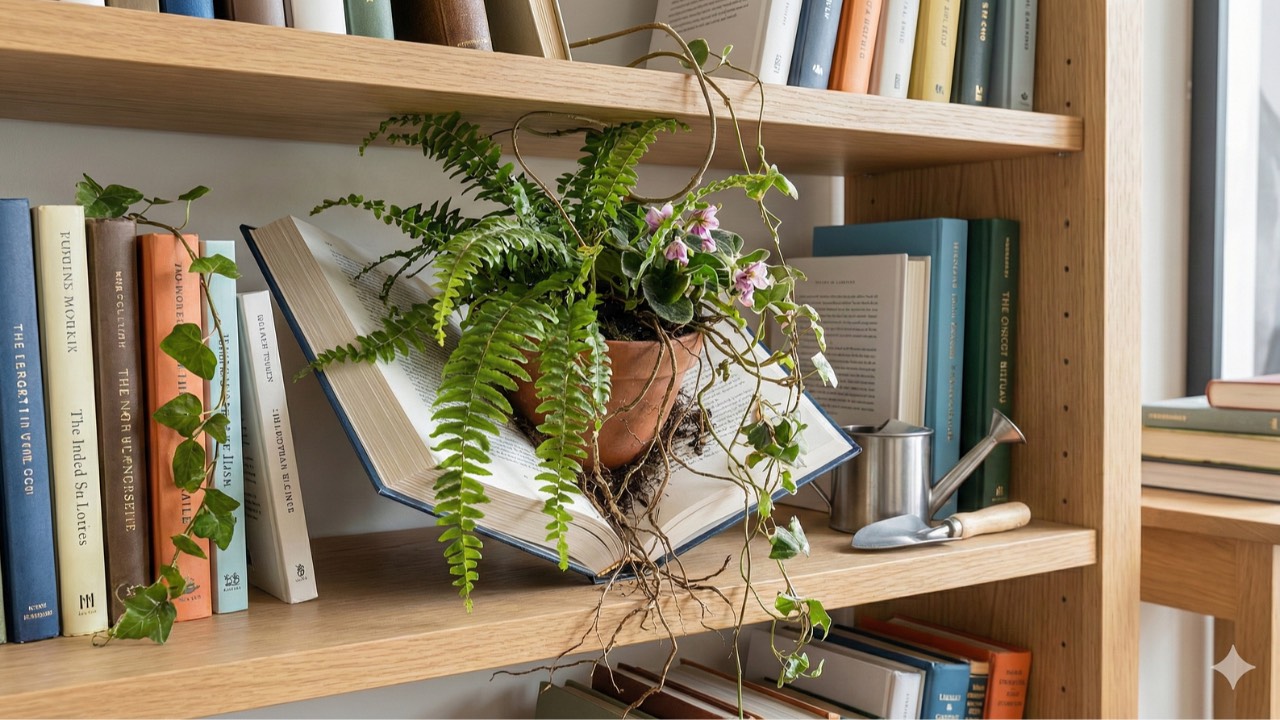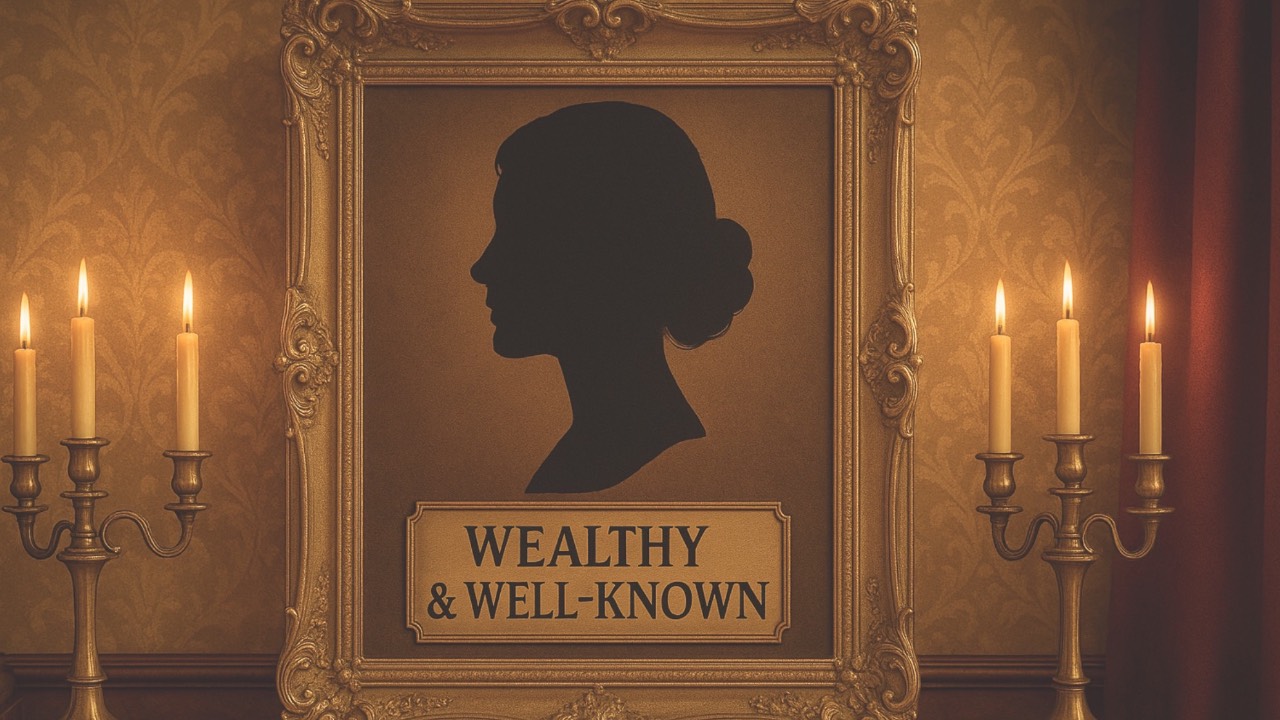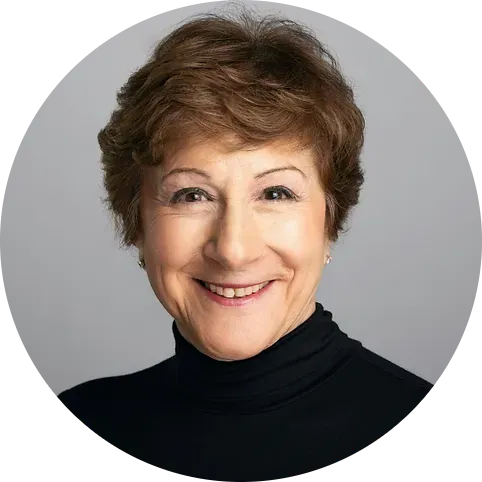The Myth of the Overnight Success: Why Your Book and Your Authority Need Time to Mature
My late coach and colleague, Bill McGrane, loved to remind people that it takes fifteen years to become an overnight success. The first time he said it, I laughed. The second time, I swallowed hard.





